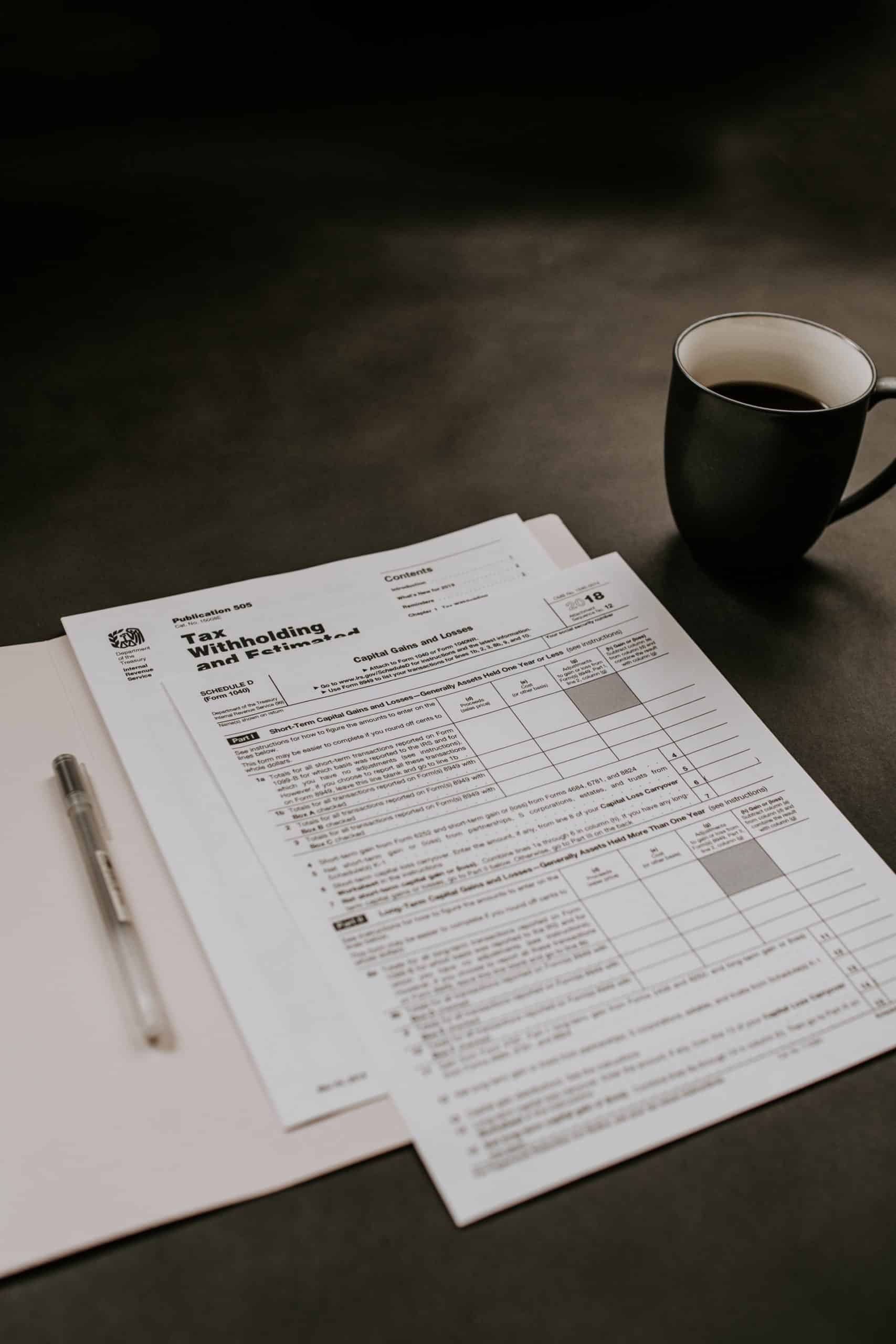For many people, COVID-19 and the year 2020 have become synonymous. One can’t just think of one without the other jumping to mind. This is a pandemic that will go down in history. The impact of COVID-19 not only can be felt in our daily lives, but it has affected our livelihood as well. And perhaps this is no more obvious than when your taxes are concerned.
Tax associate and bookkeeper at H&R Block, Aleksia Kainovic, has many years of experience as a tax preparer. In her opinion, the full extent of the pandemic on the 2020 taxpayers’ tax returns is not entirely clear yet. “This is due,” she adds, “to the many changes that were recently introduced to the tax system.” Some of these changes might be challenging to the average taxpayer, while others are quite helpful. Aleksia sheds light on the most significant changes and how the pandemic can affect your taxes for better or worse.
IMAGE: UNSPLASH
Lower Taxes In 2020? – It Depends
According to Aleksia Kainovic, the fact that some people might be unemployed doesn’t necessarily mean that they will be paying fewer taxes in 2020. Those who lost their job and saw a dramatic decrease in their income would definitely foot a lower tax bill this year. This is especially true if the income loss translated into a lower tax bracket. But for people who get unemployment benefits that turn out to be more than what they used to make from their jobs, then the tax bill would be higher than in previous years.
However, it’s still too early to know how your income will be this year. And while it’s unlikely but still possible that people who get unemployment benefits might have to pay some of those benefits back in the form of taxes, one thing is for sure, your tax bracket will have a claim the next time you file your taxes. Aleksia Kainovic recommends investing some of your income in a tax-deferred retirement account to prevent you from ending up in a higher tax bracket that increases your tax bill.
Tax Deductions Without Itemizations
A recent change to the tax system called the CARES Act allows you to claim deductions for charitable contributions you made this year, whether you choose standard or itemized deductions. This change is only valid for this year, however. But it’s a welcome change that many taxpayers would benefit from.
In previous years, you could claim tax deductions for your charitable donations, but you had to itemize your deductions to do that. For 2020, you can choose standard deductions and still claim as much as $300 in deductions. If you hadn’t donated this much for charity, your deduction would match the amount you contributed. Keep in mind that the organization you give charity to has to be a non-profit one as defined on the IRS website. You also need to have the receipt of your donation with you when filing your taxes.
Aleksia Kainovic On Delayed Deadlines For Self-Employed Taxpayers
Another meaningful change that was introduced in 2020 to help self-employed individuals has to do with the delay in making their estimated payments. In previous years, self-employed workers had to file their estimated tax payments on the 15th of the months of April, July, September, and January, respectively. “This year,” explains Aleksia Kainovic, “the first two estimated tax payments have been set to the 15th of July. This comes as a relief to so many self-employed people who might have had a tough year of it so far.”
Even though the deadline for the remaining two estimated payments hasn’t been changed, many taxpayers hope that it will be pushed back to allow self-employed workers enough time to make their payments.
No Penalty For Retirement Account Withdrawals
Aleksia Kainovic points out another important benefit of the CARES Act regarding retirement account withdrawals. Previously, taxpayers younger than 59 and a half were fined 10% penalty if they made withdrawals from their retirement account. Not only has the CARES Act abolished this fine, but it also allowed the individuals more time to pay taxes on the amounts they have withdrawn.
This means you no longer have to pay taxes for the whole withdrawal amount in the same year. Instead, you have up to three years to spread that tax payment. Moreover, if within the next three years you put the withdrawn amount back into your retirement account, you can get a refund for the taxes you paid on your withdrawals.
If you are interested in even more business-related articles and information from us here at Bit Rebels, then we have a lot to choose from.


COMMENTS